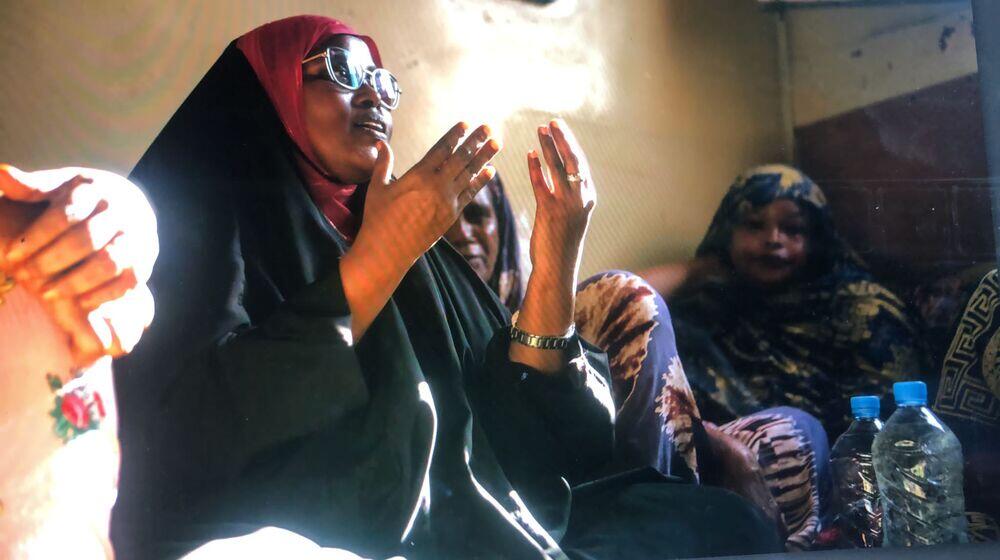"We give women courage. We give them hope, and if I can help just one person, it’s a success,” says Nafisa, a community leader and women’s health and rights advocate in Djibouti City. “But I wasn’t always this way. 15 years ago, I had nothing. My place was at home, with the children, in the kitchen. That was it,” she recalls.
Yet a chance to help a neighbour in trouble one day inspired Nafisa to change her own life as well. “Just because she's a sex worker doesn't mean that she's not a woman like me,” Nafissa says of her neighbour, who she helped get through a tough situation. “In many ways, we’re the same.”
Nafissa and her neighbour became close friends, and through their conversations Nafissa realised that norms, taboos and silence were at the root of many problems that women and girls in her community face.
"There are so many young girls that get pregnant and have hidden, illegal abortions. Young girls are forced into sex work, and many are [forced to undergo female genital mutilation]. We try to raise these issues, but it's all so taboo that nothing allows us to act on it.”
Nafissa founded the ‘Rasmy’ [official] women’s association in 2011. It started as a small, informal women’s group, but grew into a community sisterhood where women share their concerns, shrug off society's constraints and express themselves without fear or judgement.


